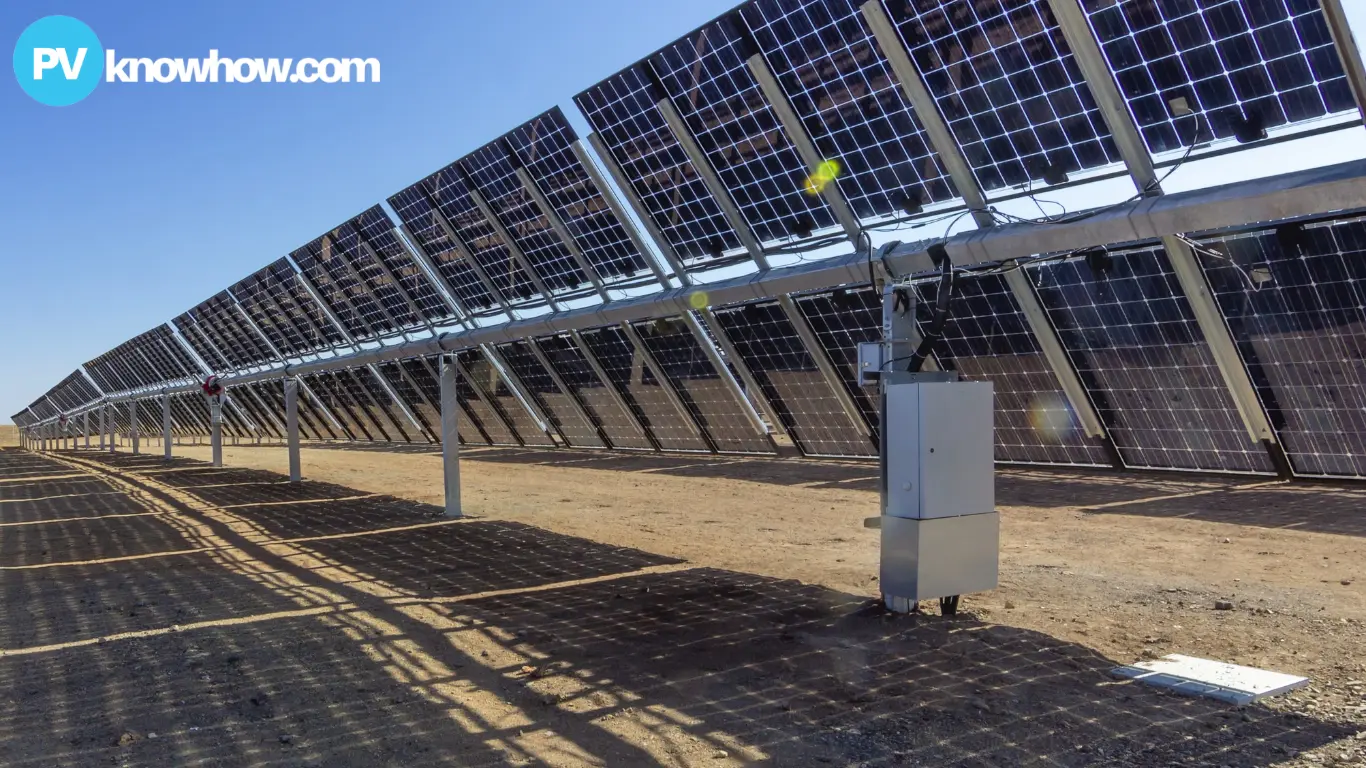Modus Asset Management has secured EUR 20 million in debt financing from Swedbank AS to construct a 57 MW solar PV portfolio in Latvia. This portfolio which comprises ten projects marks a significant advancement in Latvia's shift towards renewable energy.
A Major Step for Renewable Energy in Latvia
In a notable advancement for Latvia's renewable energy industry, Modus Asset Management has obtained EUR 20 million in debt financing from Swedbank AS to develop a sizable 57 MW solar PV portfolio nationwide. Comprising ten separate projects, this initiative significantly strides in Latvia's shift towards sustainable energy solutions.
Modus Asset Management has strategically positioned itself as a leader in renewable energy investments.The company is renowned for its focus on energy transition in the Baltics and Central Europe. The financing provided by Swedbank AS is aimed at accelerating the construction of the 57 MW solar PV portfolio, which is anticipated to produce an annual electricity output of 64 GWh. This output is significant, considering it will supply green electricity to over 30,000 households annually.
The CEO of Modus Asset Management, Povilas Pečiulis, expressed his enthusiasm about the partnership with Swedbank and the impact of the project. “We are delighted to continue our partnership with Swedbank and extend it to Latvia. The solar pv park portfolio under construction is one of the largest in Latvia and will allow us to provide green electricity to more than 30,000 households annually. Bringing the portfolio to operations will further accelerate regional energy transition and strengthen domestic generation.”
Double-Sided Solar Modules
The solar pv parks under construction will utilize advanced double-sided solar modules, incorporating both single-axis tracking and fixed-angle technology. This approach is designed to maximize efficiency and energy output, ensuring solar panels can generate electricity more effectively throughout the year. The first parks within the portfolio are expected to become operational later this year, with the remaining parks scheduled to reach operational status early next year.

Double-sided solar modules.
The Clean Energy Infrastructure Fund which is managed by Modus Asset Management focuses on renewable energy investments in the Baltic States, Poland, and Central Europe. The initiative aims for a total installed capacity of 600 MW with a target size of EUR 200 million and a hard cap of EUR 350 million. Awarded the highest sustainability rating, the fund emphasises long-term, sustainable investments in solar PV, onshore wind, and battery storage systems.
Swedbank's Commitment to Sustainability
Jevgenijs Ivanovs, Swedbank Board Member and Head of the Corporate Customer Division highlighted the importance of this investment for Latvia's energy independence and the broader transition to sustainable energy solutions.
“We are delighted to partner with Modus Asset Management on this significant milestone, marking the beginning of a fruitful cooperation in Latvia based on mutual trust and competitive terms. This investment in the solar PV portfolio will significantly support and facilitate the transition towards energy independence of our country and numerous households,” Ivanovs stated.
“Our commitment to enabling sustainable energy solutions aligns perfectly with Modus Asset Management. By investing in renewable energy production, we are not only fostering a greener future but also ensuring reliable energy sources for generations to come. We look forward to a continued partnership that drives innovation and sustainability, proving that with trust and collaboration, anything is possible.”
The EUR 20 million financing secured for the Latvian solar PV portfolio is a testament to Modus Asset Management's commitment to advancing renewable energy infrastructure in the region. This project not only strengthens Latvia's energy independence but also contributes to the broader goals of sustainability and environmental stewardship.
As the solar parks begin to come online, they will serve as a model for future renewable energy projects in the Baltics and beyond. The solar parks demonstrate the potential of innovative technologies and strategic partnerships in driving the global energy transition.
